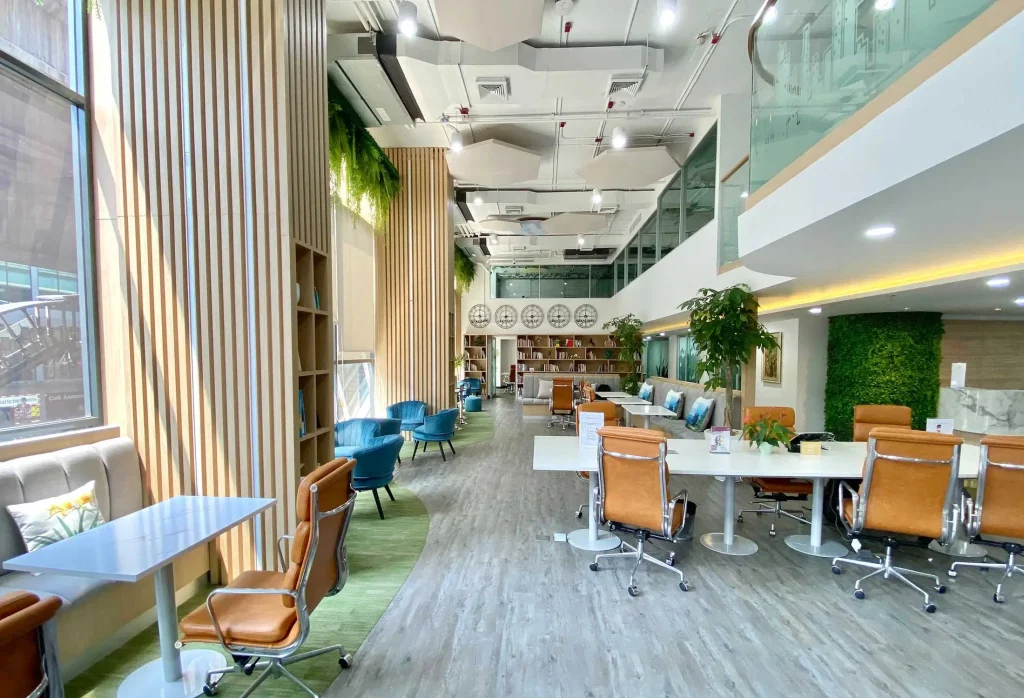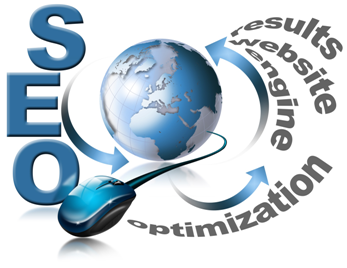For any company, leasing an office space is a big choice. It affects the operations, output, and general brand impression of your business immediately. Making the correct decision calls both deliberate thought and preparation. With Office rental, businesses can lease professional office spaces at competitive rates, tailored to meet their operational needs. The following are important factors to consider while leasing an office.
- Location and Approachability
The location is among the most crucial elements to provide thought. The workplace should be located somewhere that would be handy for clients as well as your staff. Accessibility may be improved by proximity to public transportation, highways, and other facilities such banks and restaurants. Although a centrally placed office may cost more, it could draw more business and simplify team travel.
- Layout and Office Space
Making sure the office can comfortably house your workforce depends mostly on its layout and dimensions. Analyze the office depending on your present requirements, but also take expansion of your business into account. Should you increase staff, will there be sufficient room? Examining the layout also helps you to see whether it supports creative areas, private conference places, or efficient team cooperation. Layout flexibility lets one have room for personalizing.
- Budget and Cost
Renting an office location need to be within your company’s means. Think through not just the monthly rent but also utilities, maintenance, parking, and internet services. Make sure you grasp every lease term, including any rent increases. While some landlords could demand a long-term dedication, others could provide more flexible terms.

- Lease Conditions and Flexibility
Before signing any agreement, closely go over the lease details. Consider the lease’s length, any stipulations about renewals, and early termination penalties. You must be adaptable should your company’s needs evolve. Should your business be expanding quickly, you might have to renegotiate the lease or search for an option allowing you to add more offices to the same building.
- Services and Infrastructure
Look for basic office conveniences including high-speed internet, enough outlets, heating and air conditioning. These provide seamless daily operations. Additional considerations include the availability of common areas, kitchens, and meeting rooms. For your staff, you might also choose to look for surrounding eateries and gyms.
Selecting the appropriate office space calls for weighing many elements including location, size, price, lease terms, facilities, and security. Carefully consider these components to make sure the workplace helps everyday operations and expansion of your company. The Office rental solution is perfect for businesses seeking flexibility and convenience in renting fully serviced office spaces.
สิ่งที่ควรคำนึงถึงเมื่อจะเช่าสำนักงาน
การเช่าพื้นที่สำนักงานถือเป็นทางเลือกที่สำคัญสำหรับบริษัทใดๆ ก็ตาม เนื่องจากจะส่งผลต่อการดำเนินงาน ผลลัพธ์ และภาพลักษณ์ของแบรนด์โดยรวมของธุรกิจของคุณในทันที การตัดสินใจที่ถูกต้องต้องอาศัยทั้งความคิดและการเตรียมการอย่างรอบคอบ เช่าออฟฟิศ, ธุรกิจต่างๆ สามารถเช่าพื้นที่สำนักงานระดับมืออาชีพในราคาที่แข่งขันได้ โดยปรับให้เหมาะกับความต้องการในการดำเนินงานของตน ปัจจัยสำคัญที่ควรพิจารณาในการเช่าสำนักงานมีดังนี้
- ทำเลที่ตั้งและความสามารถเข้าถึงได้
ทำเลที่ตั้งเป็นหนึ่งในองค์ประกอบที่สำคัญที่สุดที่ต้องคำนึงถึง สถานที่ทำงานควรตั้งอยู่ในสถานที่ที่สะดวกสำหรับลูกค้าและพนักงานของคุณ การเข้าถึงอาจได้รับการปรับปรุงโดยอยู่ใกล้กับระบบขนส่งสาธารณะ ทางหลวง และสิ่งอำนวยความสะดวกอื่นๆ เช่น ธนาคารและร้านอาหาร แม้ว่าสำนักงานที่ตั้งอยู่ใจกลางเมืองอาจมีราคาแพงกว่า แต่ก็สามารถดึงดูดธุรกิจได้มากขึ้นและทำให้การเดินทางของทีมง่ายขึ้น
- เค้าโครงและพื้นที่สำนักงาน
การตรวจสอบว่าสำนักงานสามารถรองรับพนักงานของคุณได้อย่างสะดวกสบายนั้นส่วนใหญ่ขึ้นอยู่กับเค้าโครงและขนาดของสำนักงาน วิเคราะห์สำนักงานตามความต้องการปัจจุบันของคุณ แต่ต้องคำนึงถึงการขยายตัวของธุรกิจของคุณด้วย หากคุณเพิ่มพนักงาน จะมีพื้นที่เพียงพอหรือไม่ การตรวจสอบเค้าโครงยังช่วยให้คุณเห็นว่าเค้าโครงนั้นรองรับพื้นที่สร้างสรรค์ สถานที่ประชุมส่วนตัว หรือความร่วมมือของทีมที่มีประสิทธิภาพหรือไม่ ความยืดหยุ่นของเค้าโครงช่วยให้คุณมีพื้นที่สำหรับการปรับแต่ง
- งบประมาณและต้นทุน
การเช่าสถานที่ตั้งสำนักงานต้องอยู่ในขอบเขตที่บริษัทของคุณมี อย่าคิดแค่ค่าเช่ารายเดือนเท่านั้น แต่ควรคำนึงถึงค่าสาธารณูปโภค ค่าบำรุงรักษา ค่าจอดรถ และบริการอินเทอร์เน็ตด้วย ตรวจสอบให้แน่ใจว่าคุณเข้าใจเงื่อนไขการเช่าทุกประการ รวมถึงการปรับขึ้นค่าเช่าด้วย แม้ว่าเจ้าของบ้านบางรายอาจเรียกร้องการผูกขาดในระยะยาว แต่บางรายอาจให้เงื่อนไขที่ยืดหยุ่นกว่า
- เงื่อนไขและความยืดหยุ่นในการเช่า
ก่อนจะลงนามในสัญญาใดๆ ควรพิจารณารายละเอียดการเช่าอย่างละเอียด พิจารณาระยะเวลาการเช่า เงื่อนไขใดๆ เกี่ยวกับการต่ออายุ และค่าปรับการยุติสัญญาก่อนกำหนด คุณต้องปรับตัวได้หากความต้องการของบริษัทของคุณเปลี่ยนแปลงไป หากธุรกิจของคุณขยายตัวอย่างรวดเร็ว คุณอาจต้องเจรจาสัญญาเช่าใหม่หรือมองหาตัวเลือกที่ให้คุณเพิ่มสำนักงานในอาคารเดียวกันได้
- บริการและโครงสร้างพื้นฐาน
มองหาสิ่งอำนวยความสะดวกพื้นฐานในสำนักงาน เช่น อินเทอร์เน็ตความเร็วสูง ปลั๊กไฟเพียงพอ เครื่องทำความร้อนและเครื่องปรับอากาศ สิ่งเหล่านี้จะช่วยให้ดำเนินงานประจำวันได้อย่างราบรื่น นอกจากนี้ ยังต้องพิจารณาถึงพื้นที่ส่วนกลาง ห้องครัว และห้องประชุมด้วย สำหรับพนักงานของคุณ คุณอาจเลือกมองหาร้านอาหารและฟิตเนสในบริเวณใกล้เคียง การเลือกพื้นที่สำนักงานที่เหมาะสมต้องพิจารณาหลายปัจจัย เช่น ที่ตั้ง ขนาด ราคา เงื่อนไขการเช่า สิ่งอำนวยความสะดวก และความปลอดภัย พิจารณาองค์ประกอบเหล่านี้อย่างรอบคอบเพื่อให้แน่ใจว่าสถานที่ทำงานจะเอื้อต่อการดำเนินงานประจำวันและการขยายตัวของบริษัทของคุณ เช่าออฟฟิศ โซลูชั่นนี้เหมาะอย่างยิ่งสำหรับธุรกิจที่ต้องการความยืดหยุ่นและความสะดวกในการเช่าพื้นที่สำนักงานพร้อมบริการเต็มรูปแบบ






